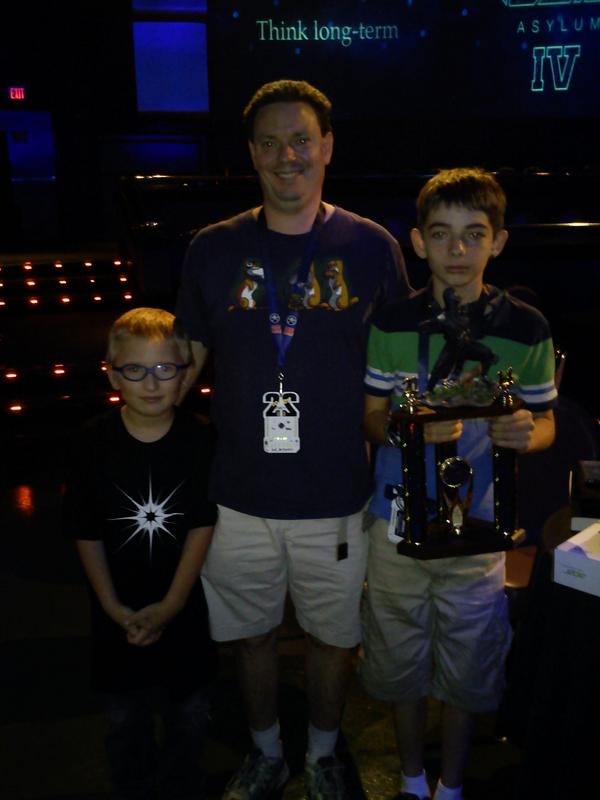Before going nuclear on someone new in your relative's life, first do the single most important thing: talk to your older relative. Often, misunderstandings or matters of privacy can be sorted out without resorting to law enforcement, state assistance or subterfuge. The matter of trust between you and your relative is the single most important factor in maintaining their long-term health and well-being. If you lose their trust, you lose almost all ability to help them.
Local Police Resources
Police seem to only be able to make 'welfare checks' for elderly people that outsiders suspect are being abused. They can only visit the premises when the person is home. The Las Vegas Metropolitan Police Department Operator and Dispatch informed me that there are dedicated Elder Abuse detectives. Unfortunately, they only operate M-F, 7-4. As the crisis was after this time, we couldn't get a welfare check immediately. The numbers for these departments are below:- Metro Operator: 702-455-8697
- Metro Dispatch 702-828-3307
- Elder Abuse Detectives: 702-828-3111 (Hours are 7-4, no voice mail)
State Resources
Though I I have not taken advantage of these resources, there may have been help available through the Aging and Disabilities Services connected through the county. Comparable services may exist locally in your neighborhood. Perhaps there are some interventions that would be helpful going forward?- http://www.shouselaw.com/nevada/elderabuse.html
- http://www.health.nv.gov/HCQC/SB129ElderAbuseTrainingforWebsites.pdf
- In Nevada, crimes committed against elderly command double the sentence.
Social Engineering
When trying to find out more about people that have entered a loved one's life unexpectedly, unexpected phone calls from unknown people are a great source of more information. Generally, act as if the person is at home but not available. The person on the other end of the line may divulge information that gives you clues about the intruder. Effective phrases are below:- "Yeah, he's here but he's busy. He asks what you need."
- "Hold on, let me get her...She's here but can't pick up right now."
- "Who is this again? I didn't get that down last time."
- "His phone is dead. What number can he reach you at?"
- "What was it again that you're meeting for?"
If you must get the police involved, minimize the impact on your relative. See if they will come around when you try to have a person escorted off the property. Ensure your relative is not involved in any illegal activity before involving the police, and, most importantly, get the consent of your relative before escalating. You must maintain their trust, and asymmetric reactions to otherwise benign or diffusable situations can ruin that bond and expose a vulnerable relative to harm from both the intruder and the police.


